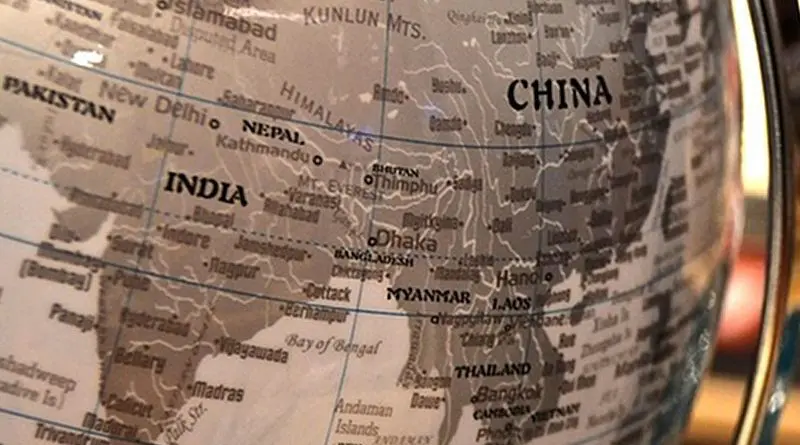Dispelling The Myth: Reevaluating Great Power Competition In Asia’s Swing States – OpEd
By Hafiz Muhammad Zain Ul Abideen
The race to dominate the so-called swing states of Asia is heating up. The rise of China has compelled not only the US, but has impelled Australia, India and Japan to try to acquire influence in the countries that have not yet joined hands with either bloc. Various political analysts, refer to the US-China rivalry as a new Cold War. Yet it is crucial that the US and its allies not over emphasize the analogy to original Cold War, or misinterpret the challenges China poses in the rivalry over Asia’s swing states. The Chinese rise poses a significant challenge in this game of dominating Asia. Central Asia is different from other parts of Asia when many of the region’s newly emerging countries gained their independence from the colonial rule and were wracked by political instability, violence proxy wars and insurgencies that made them vulnerable to outside influence. Now the Asian states are relatively stable and are pursuing a policy of hedging rather then aligning with the either bloc.
The American President Trump initiated a competition with China, which was later termed by his National Security Adviser general H.R. McMaster as a contest between a close authoritarian China and a liberal democratic United States. The Biden administration has been following a similar policy, but neither the Chinese nor the American model of governance is liked or even appreciated in most of the swing states. Countries like Bangladesh, Pakistan, Siri Lanka and Thailand are not interested in adopting a rigidly institutionalize state model of China nor a liberal democratic model of the United States. Adopting the Chinese model of governance would be politically dangerous for many elites in the region’s swing states, because adopting strict centralization and ending the most beneficial forms of electoral competition and patronage.
On the other hand the swing states of Asia are not rushing to accept the liberal democratic model of the United States, which subscribes to an idea of emphasizing the promotion of democratic values, a free market freedom of speech and human rights but they are not the ones that either rulers or their followers in those countries preferred. India, Indonesia, and Malaysia are electoral democracies, but their internal priorities are at odds with the liberal lexicon. The separation of the religion from the states affairs, the equal application of justice and protection for human rights are not essential to these systems, most preferrable priorities.
For instance, the countries of South East Asia have many maritime disputes with China, but they are still the largest trading partners of each other while at the same time they also enjoy strong security ties with the United States. Pakistan, which maintains a strategic partnership with China and labels its friendship as “higher then Himalaya, sweeter than honey and deeper then the oceans,” has made overtures to its historical ally the United States rather then steadfastly aligning with the Middle Kingdom. India, which is a linchpin in the US Indo-Pacific strategy and occupies an important position, has trade of more then a hundred billion dollars with China and it also exercised its strategic autonomy in its dealing with Russia. This signifies that the swing states of Asia are no longer dominated by the great power politics.
The stability and autonomy of the region limits the ability of both China and the United States to convert them into proxy states. Policy makers of both states need to manage and resolve potential trade offs as well as consolidating their core partners. Both the states will be more affective when they approach the region’s swing states as they are: complicated and autonomous states, not pieces on a chessboard to be manipulated by China and the United States. Many of the Asian countries have various needs. Even if a one state decides to engage with China in a particular arena, the US can cooperate in other areas.

